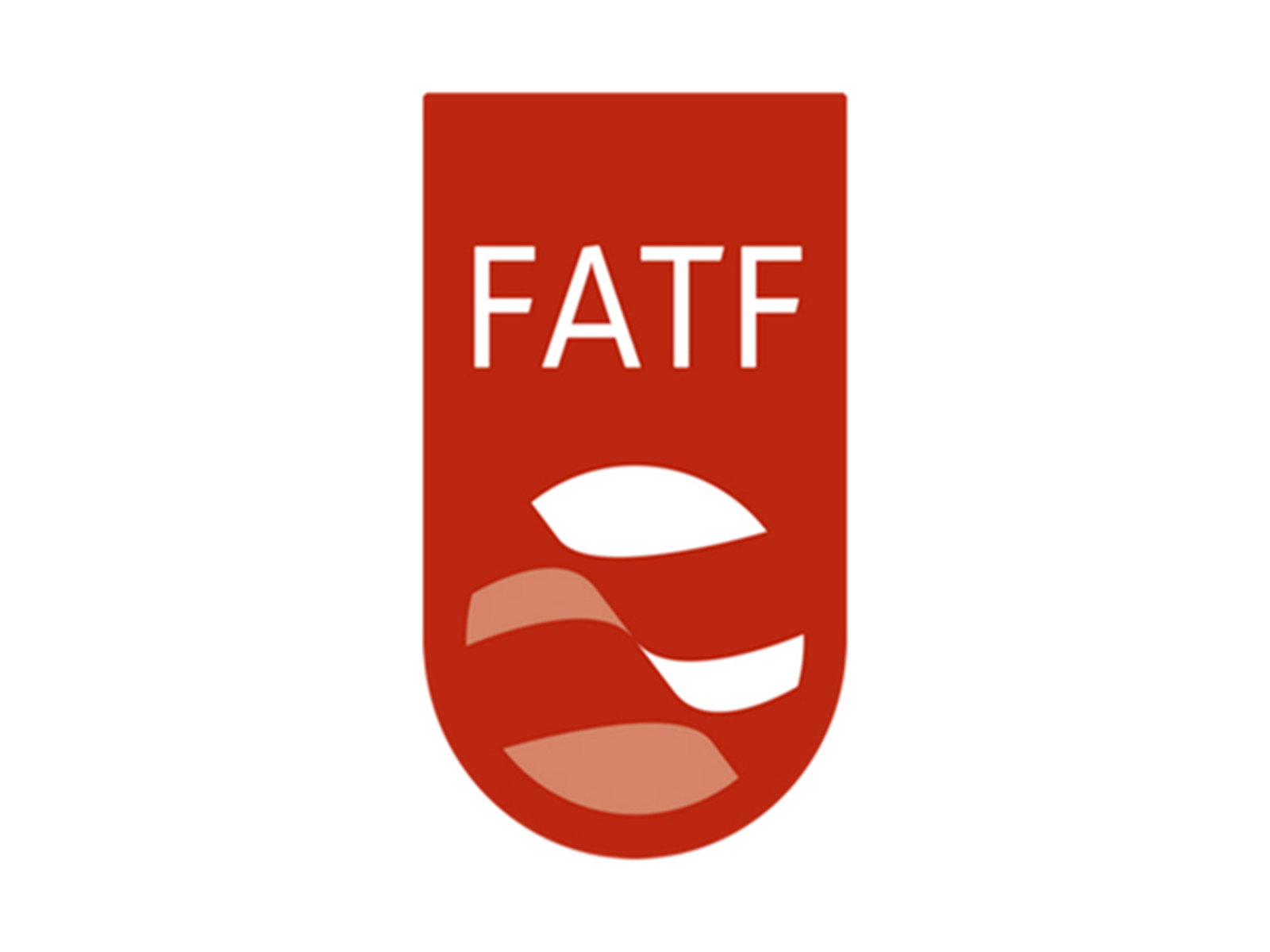
Paris: The Financial Action Task Force (FATF), the global watchdog against terror financing and money laundering, has continued to list North Korea (DPRK), Iran, and Myanmar on its blacklist as “high-risk jurisdictions subject to a Call for Action” due to severe deficiencies in their anti-money laundering and counter-terrorist financing (AML/CFT) regimes.
The FATF identifies these nations as posing a significant risk to the international financial system because of persistent failures to address illicit financial activity. The FATF regularly revises its list, but North Korea, Iran, and Myanmar have all remained on it.
The public listing of these countries often prompts financial institutions to shift resources away, pressuring domestic actors to improve regulations in line with FATF standards.
Myanmar was placed on the blacklist in October 2022 due to its failure to make sufficient progress on its action plan to combat money laundering and terrorist financing. The FATF is urging the country to address its deficiencies and notes that countermeasures may be considered if no progress is made by October 2025.
“In October 2022, given the continued lack of progress and the majority of its action items still not addressed after a year beyond the action plan deadline, the FATF decided that further action was necessary… and calls on its members and other jurisdictions to apply enhanced due diligence measures proportionate to the risk arising from Myanmar,” the FATF statement read.
While overall progress remains slow, Myanmar has recently made improvements in managing seized assets to preserve their value until confiscation. However, the FATF urged the country to enhance the use of financial intelligence, demonstrate investigations of transnational money-laundering cases, and increase the freezing, seizing, and confiscation of criminal proceeds.
Myanmar will remain on the list until it completes its full action plan.
Iran has also failed to complete its FATF action plan, which expired in 2018. Despite some legislative steps, including ratifying a law related to a UN terror financing convention in October 2025, the FATF maintains that key deficiencies remain unaddressed.
Since February 2020, Iran has reported periodically, most recently in August 2025, but with no material progress on its action plan. The FATF reiterated its call for countermeasures against these high-risk jurisdictions, citing heightened proliferation financing risks.
While acknowledging Iran’s re-engagement with the FATF, the organisation said Tehran has failed to address the majority of its commitments since 2016.
“Considering the United Nations Security Council Resolutions related to Iran’s lack of compliance with its nuclear non-proliferation obligations, the FATF reminds all jurisdictions of their obligations under the FATF standards to address proliferation financing risks emanating from Iran,” the statement read.
The FATF also reiterated its call to prohibit the establishment of subsidiaries or branches of financial institutions from the listed countries and to take into account the lack of adequate AML/CFT systems when engaging in financial relations with them.
“Iran will remain on the FATF High Risk Jurisdictions Subject to a Call for Action statement until the full Action Plan has been completed,” it added.
The FATF has also raised ongoing concerns over the DPRK’s failure to address AML/CFT deficiencies and the serious threats posed by its illegal proliferation of weapons of mass destruction (WMDs) and their financing.
The organisation called on countries to implement targeted financial sanctions, terminate correspondent relationships with DPRK banks, close any subsidiaries or branches of DPRK banks, and limit financial transactions with DPRK entities to protect their systems from money laundering and proliferation financing threats.
“Despite these calls, DPRK has increased connectivity with the international financial system, which raises proliferation financing risks,” the FATF said. It also urged countries to adequately assess such risks in line with upcoming FATF evaluation criteria.
Notably, various countries, including Algeria, Angola, Bulgaria, Burkina Faso, Cameroon, Côte d’Ivoire, Democratic Republic of the Congo, Kenya, Lao PDR, Monaco, Mozambique, Namibia, Nepal, Nigeria, South Africa, South Sudan, Syria, Venezuela, and Vietnam, also had their progress reviewed by the FATF since 2025.
Meanwhile, Burkina Faso, Mozambique, Nigeria, and South Africa have been removed from the greylist after completing their action plans.
Disclaimer : This story is auto aggregated by a computer programme and has not been created or edited by DOWNTHENEWS. Publisher: deccanchronicle.com





